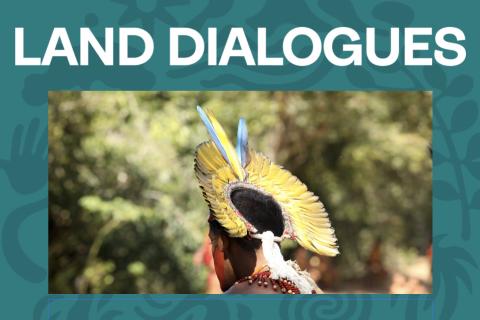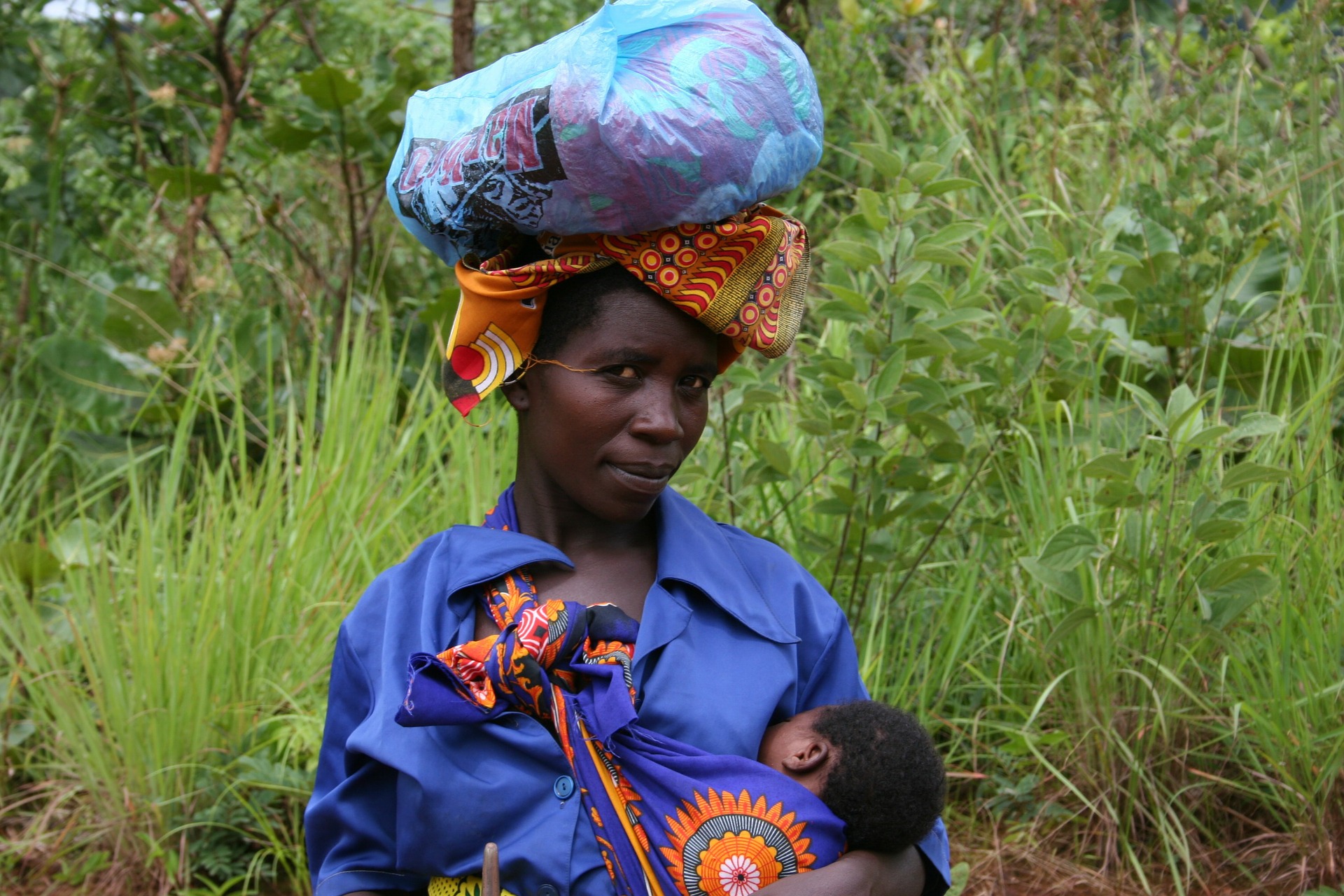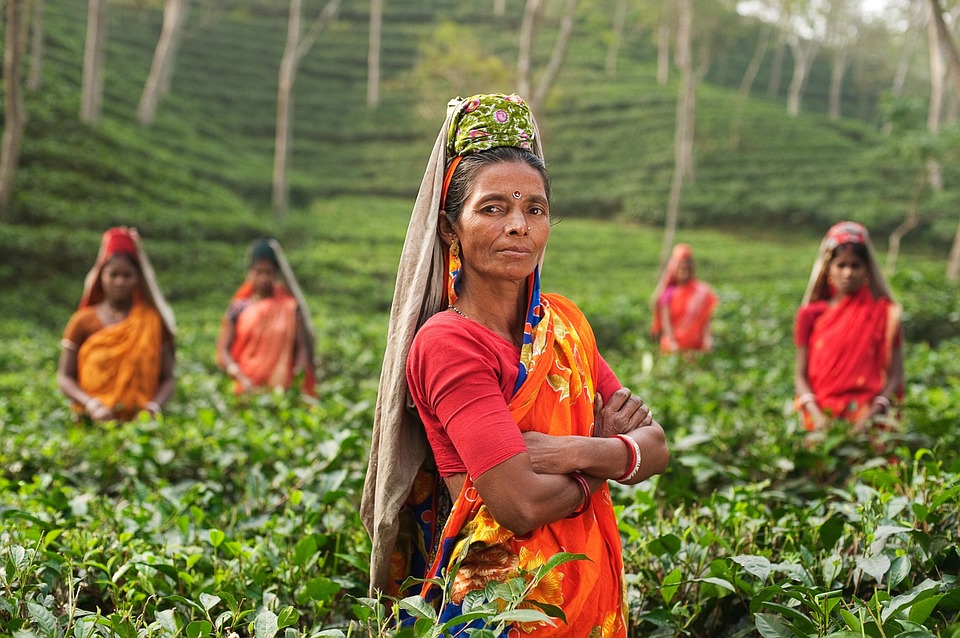
Topics and Regions
Details
Location
Contributions
Displaying 21 - 30 of 406TINTA - The Invisible Thread
Leading the Way : How Indigenous Youth Combat Climate Change Through Land Rights
Young Indigenous Peoples are facing unprecedented challenges as they grow up in a world where climate change imperils their community’s cultural heritage and ways of life. In response, many are becoming new leaders in climate activism, championing land rights as a pivotal measure in combating environmental degradation and preserving traditional lifestyles.
Land Data Partnership Commits to Promoting FAIR and CARE Data Principles
Land Dialogues Webinar Series 2023
One of the main aims of the Land Dialogues series is and has been to highlight Indigenous knowledge and wisdom as a solution to pressing global challenges. The series does so by creating a virtual space that bridges that gap, where the term “expert” is not limited to academics or researchers, in an effort to both decolonize and democratize knowledge. In particular, the Land Portal’s role is to highlight Indigenous Peoples’ need for agency and control over the data that is about them, recognizing that data can either amplify equality or exacerbate unequal power structures.
Webinar Recap : Women’s Participation in Land Governance in the Mekong - Moving Beyond Quotas to Meaningful Inputs and Influence
This webinar took place on February 15th, 2024, under the title “Women’s Participation in Land Governance in the Mekong : Moving Beyond Quotas to Meaningful Inputs and Influence”. The webinar featured panelists from researchers to youth representatives. The webinar was jointly organized by the Land Portal Foundation and Mekong Region Land Governance (MRLG).
Webinar Recap : When carbon markets go wrong - How to ensure access to remedy for land tenure violations
This webinar, the fourth of the Advancing Land-based Investment Governance (ALIGN) series, took place on February 9th, 2024, under the title “When carbon markets go wrong: How to ensure access to remedy for land tenure violations”. The webinar drew in 562 participants and featured panelists from policy experts to community leaders. The webinar was jointly organized by the Land Portal Foundation, the International Institute for Environment and Development (IIED), Namati and the Columbia Center on Sustainable Development (CCSI).
Does Online Mediated Interaction Lead to Meaningful Discussion and Impact? An Assessment of the Online Discussion on Zambia Customary Land Documentation
As professionals working at the nexus of land rights and all things technology, one of the simple yet meaningful questions we ask ourselves on a daily basis is the following: How do we get people engaged in meaningful discussion about land?
Can the technological revolution prompt a land rights revolution : Mozambican land rights defenders are ready to find out
In Mozambique, like in so many other parts of the world, a quiet land rights revolution is brewing, ready as ever to emerge. The end of a brutal civil war, which lasted sixteen years and ended in 1992, brought about a period of national reconstruction, with progressive reforms taking place to protect land rights and encourage rural investment.
Together, we are making more noise on urban land conflicts in Latin America and the Caribbean
Early last year, the Land Portal teamed up with the Suelo Urbano campaign (part of the Solid Ground campaign) to make noise about urban land conflicts taking place in Latin America, by hosting an online discussion. A largely overlooked issue, the unsung heroes and heroines speaking up about the topic were the 28 discussion participants from 12 countries around the region, who dove in and voiced their opinions on the various types of land conflicts in the region, their causes and opportunities for change in this area.
Bringing Attention to Land Rights in the Digital Era: The Case of Land Conflict Watch
There is no doubt that we are living in a time where information is in high supply. For most of us, a normal day consists of a proliferation of information; from text message notifications, to news pop ups, to switching between various social media applications. In an era where the plethora of information can seem downright overwhelming, it is easy to wonder what exactly makes headlines news? How does one story, or set of stories, get deemed important enough to get reported on?










